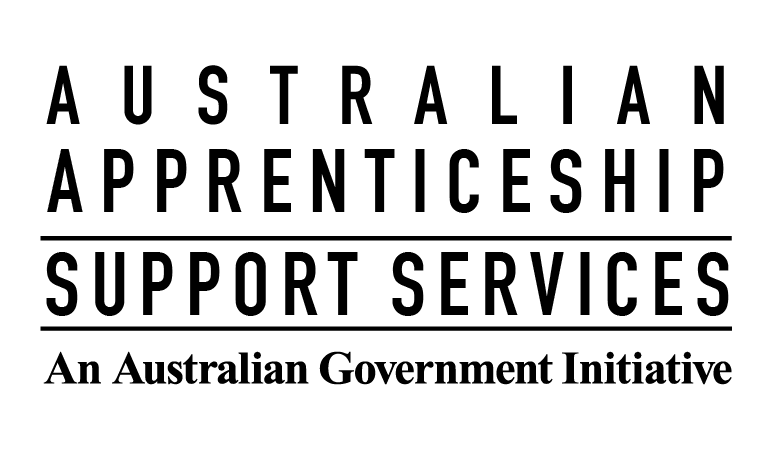Written by Catherine McKenzie and Johanna Apostolopoulos
As featured in the Australian Centre for Career Education eJournal Volume 51, 2024
Having careers conversations are easy, right?
First, build a comfortable rapport with someone you may have just met and had just 30 minutes with. Next, support them to identify and communicate their motivations, aspirations and goals. Finally, build a tailored action plan that clearly outlines how they can navigate a range of personal, social, societal, and economic challenges that will get them to the end goal of a dream job, happiness, and financial security.
But the reality is that being a careers practitioner and supporting individuals as they navigate their pathway is a complex undertaking. Career conversations are often influenced by other aspects of an individual’s life, so understanding how to work with, and embrace these complexities form a fundamental basis from which meaningful and impactful careers conversation can take place. With the world of work continually and rapidly evolving, now more than ever career practitioners are expected to equip themselves with a toolkit of up-to-date knowledge and resources whilst maintaining understanding of various sectors so they can appropriately respond to the needs of their clients and communities.
For many careers practitioners, university remains the default pathway with the world of apprenticeships and traineeships viewed as being the ‘plan B’ or for trades only. Additionally, the plethora of qualifications available, the number of parties involved and of course, finding ways to bridge the two heavily regulated systems of secondary school and the Australian Apprenticeships system can make the world of apprenticeships and traineeships feel overwhelming.
According to the Behavioral Insights Evidence Review (Feb 2020) ‘The biggest single influence on post-secondary decisions is which option is seen as the norm or default – for most students that is university.’ Further, the review said that ‘School-based careers advisors are a key source of information about career pathways, but unfamiliarity with apprenticeship pathways limits their ability to provide personalised advice to all students.’ Supporting this review were the anecdotes shared to us by school-based career practitioners at last year’s ACCE Conference: Career Development in a Changing World. Some attendees at our workshop: Busting Apprenticeship Myths with MEGT, said that they would direct at least 80% of their students towards university pathways because their understanding of apprenticeships was limited.
Our response? Reach out to us, that’s what we’re here for!
When a student submits their university preferences, there are teams of people, systems and organisations behind the scenes to receive and process applications for admission to university. It’s no different for apprenticeships. As soon as students start considering an apprenticeship or traineeship pathway, we can help with everything from career and course guidance, finding an employer, registering training contracts, choosing the right formal training provider and ongoing mentoring support throughout their apprenticeship!
As part of the Australian Government’s commitment to developing a highly skilled nation, Apprenticeship Network Providers, such as MEGT, have been appointed across Australia to support apprentices and trainees and their employers.
So, what are the practical steps to an apprenticeship or traineeship, and how can Apprenticeship Network Providers help careers practitioners?
- We have a team of career advisors and career tools to provide free guidance to future apprentices and trainees on finding the right occupation
- We offer access to a free job board and job matching services to help apprentices and trainees find an employer
- We conduct free, tailored career sessions for schools and provide pre-commencement education and support
- We provide end-to-end apprenticeship and traineeship program management, including sign up and registration of contracts
- We help apprentices select the right course and training provider to deliver off the job training
- We help apprentices understand and access government financial incentives that they may be eligible to receive
- We provide ongoing support for apprentices and trainees such as mentoring, counselling and career guidance to keep them on track
Apprenticeships and traineeships cover a diverse range of industries, and the tiered qualifications are designed to meet the education and training needs of specific occupations and industries. Supporting students to be ‘apprenticeship ready’ is just as important as supporting them to be ‘university ready’, and we are here to support careers practitioners every step of the way.

